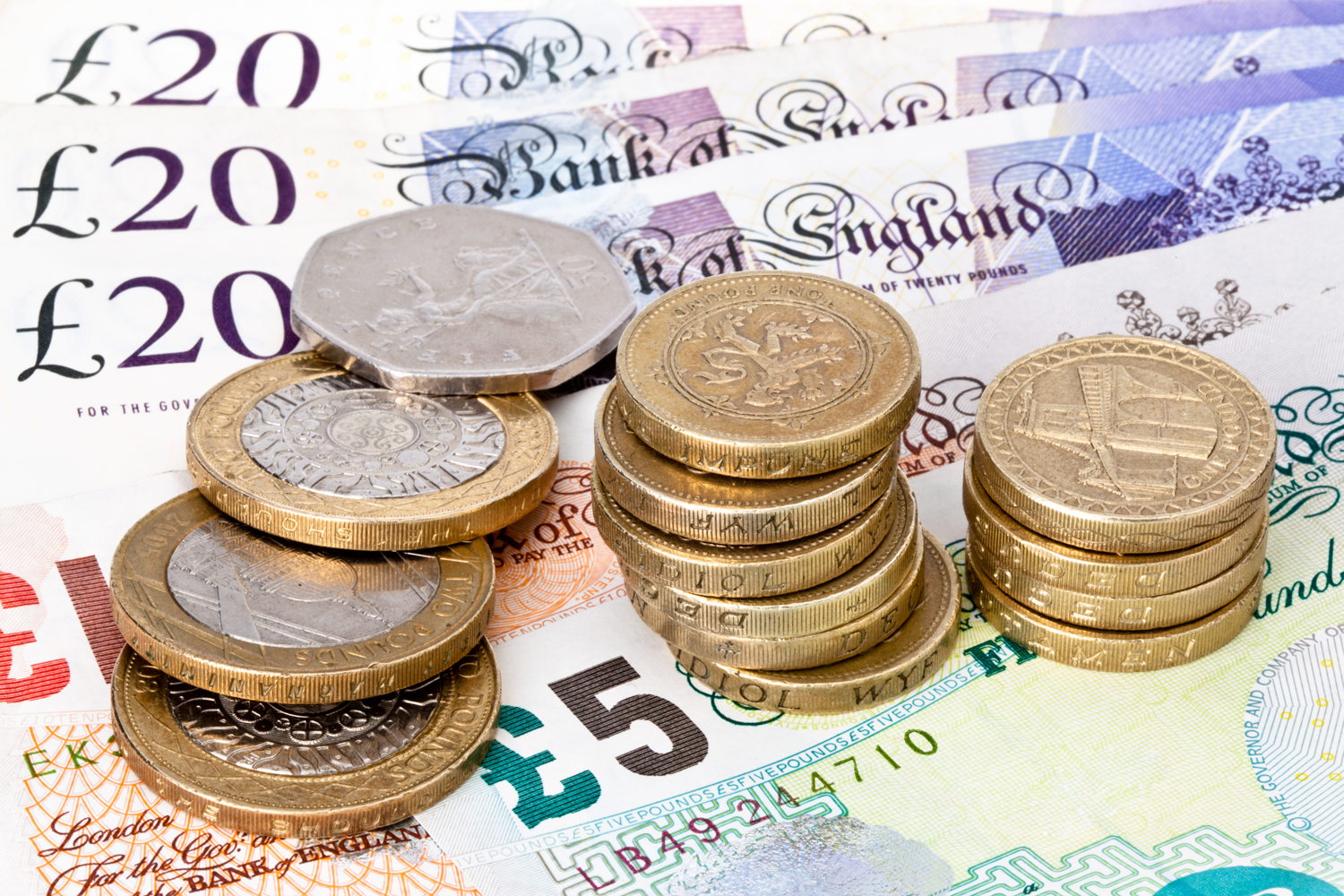Experienced Investor
Weak sterling generates post-Brexit dividend windfall

The plunging pound has ‘supercharged’ UK dividends since the Brexit vote in June and given income investors a £2.5bn windfall, according to data.
UK dividends exceeded expectations in the third quarter, with the total paid out rising 1.6% year-on-year to £24.9bn, according to the latest Dividend Monitor from Capita Asset Services.
The currency gains offset £2.2bn in dividend cuts that hit during the period, mainly from the mining sector.
The sharp devaluation of the pound since the vote to leave the EU meant large dollar- and euro-denominated dividends from multinationals like Shell, HSBC and Unilever were translated at a much more favourable rate to sterling, leading to a £2.5bn currency gain, over £1bn more than Capita had initially estimated for the quarter.
Beneath the surface, however, dividend growth was disappointing.
Stripping out both the positive effect of the exchange rate windfall, and the negative impact of high profile dividend cuts, pay-outs were 0.1% lower year-on-year in the third quarter. Weak profitability among the UK’s largest companies, as well as growing pension deficits, have made it difficult for them to increase what they pay to their shareholders.
Mid-cap dividends again outperformed the top 100 continuing a two-year trend, rising 4.9% to £2.7bn.
Capita’s Justin Cooper said: “UK investors have been enjoying extra cash this year, first in the form of unusually large special dividends and then in huge windfalls generated by the effect of sterling’s weakness.
“In the short term, the pound’s fall is super-charging UK dividends. We estimate that Q4 will see another currency windfall of almost £1.7bn, taking the total for 2016 to over £5.6bn. This explains why FTSE 100 share prices have been strong so far in the second half of 2016: as the translated sterling value of cash flows earned in foreign currencies rises, so the sterling value of share prices moves upwards in lock-step to reflect the devaluation of the pound.
“Without this devaluation however, underlying dividends will fall in 2016, and we expect more cuts in the fourth quarter.”